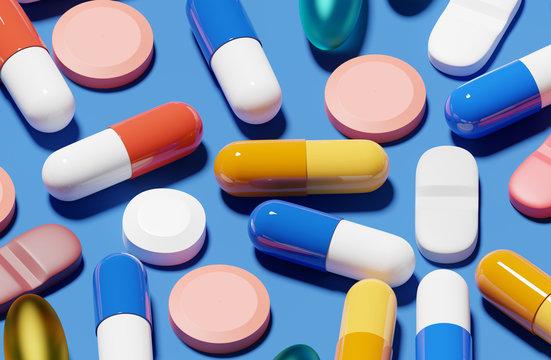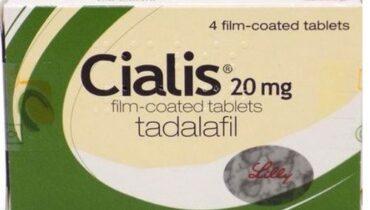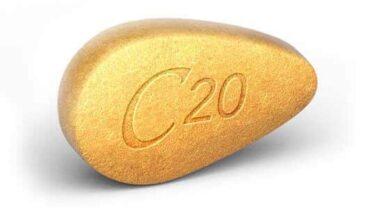Based on the Food and Drug Administration (FDA), Generic drugs are biologically equivalent to brand names in dosage and security, strength, route to administration, high-quality performance characteristics and purpose of usage. In essence, a generic drug is a copycat trademarked drug (created after the patent of the brand name expires). They’re also generally an affordable option.
Generic medications are increasing in popularity with notable brand names, which include numerous heart health such as statins and blood pressure medications. What is the best way to ensure the safety of generic medications for keeping the heart healthy? Let’s examine some of the advantages and disadvantages of generic medicines below.
Pros:
- Lower prices. The main reason that so many people purchase generic medications is that they’re much less expensive than generic drugs. Brand names require extensive research and testing, which require a significant amount of time and money; however, generic drugs can duplicate what’s already available, save them money, and allow their price to remain low.
- Bioequivalent. Biologically, all generic medications have to meet stringent guidelines to ensure that the same quantity of the active ingredient can be supplied to the body and is utilized by the body the same way as the brand-name drug.
- FDA approved. The FDA has strict guidelines and conducts studies on generic medicines to ensure they’re equivalent in quality to brand names.
- Heart Healthy. According to an investigation, generic medicines have the same results as brand-name drugs.
Cons:
- Contamination. Generic drugs are manufactured in factories in countries such as India, China, or other regions with low-cost labor and overhead. The working conditions in these factories are often contaminated products, which has led to recalls within America. The United States. However, there’s been some instances in which the US manufactured brand name drugs have had similar problems, though not as frequently.
- Controls. According to a report released by the Government Accountability Office, these foreign manufacturing facilities sometimes evade strict FDA inspections, evade documents of their processes and do not receive surveillance after significant manufacturing or drug handling issues were discovered. Most of the time, one manufacturer is responsible for brand-name drugs, while multiple manufacturers can make generic drugs. Although the FDA indeed requires bioequivalence for active drugs, there could be minor variations in the drug’s delivery system or other non-active “fillers”. These distinctions rarely cause any clinically significant issue for the patient, but in some rare cases, patients may have an intolerance or sensitivity to an alternative filler or delivery method.
- Mixing the pills. Since brand-name medications generally feature a similar “branded” look that patients can become familiar with and feel comfortable with, generic medications often do not appear as familiar or aren’t clear about each pill. In addition, when a prescription needs to be refilled, if the drug comes from another generic manufacturer and sports a different appearance and design, it can confuse the medication and patients who are not taking it.
- Doctors remain split. Many medical professionals (albeit a minimal number) remain divided over the use of generic medications for heart diseases, which leaves some unanswered questions in this field. Certain specific medicines, such as blood thinners and thyroid supplements, have shown significant clinical problems in switching between generic and brand or different generics.
A growing number of patients discover that their prescription for brand-name medicine will not be included in their health insurance policy or that the co-pay is more expensive. Insurance providers will often provide a generic equivalent with a smaller co-pay. Luckily, at this time, most cardiac medicines are available in generic forms, and most people generally have no issues.























